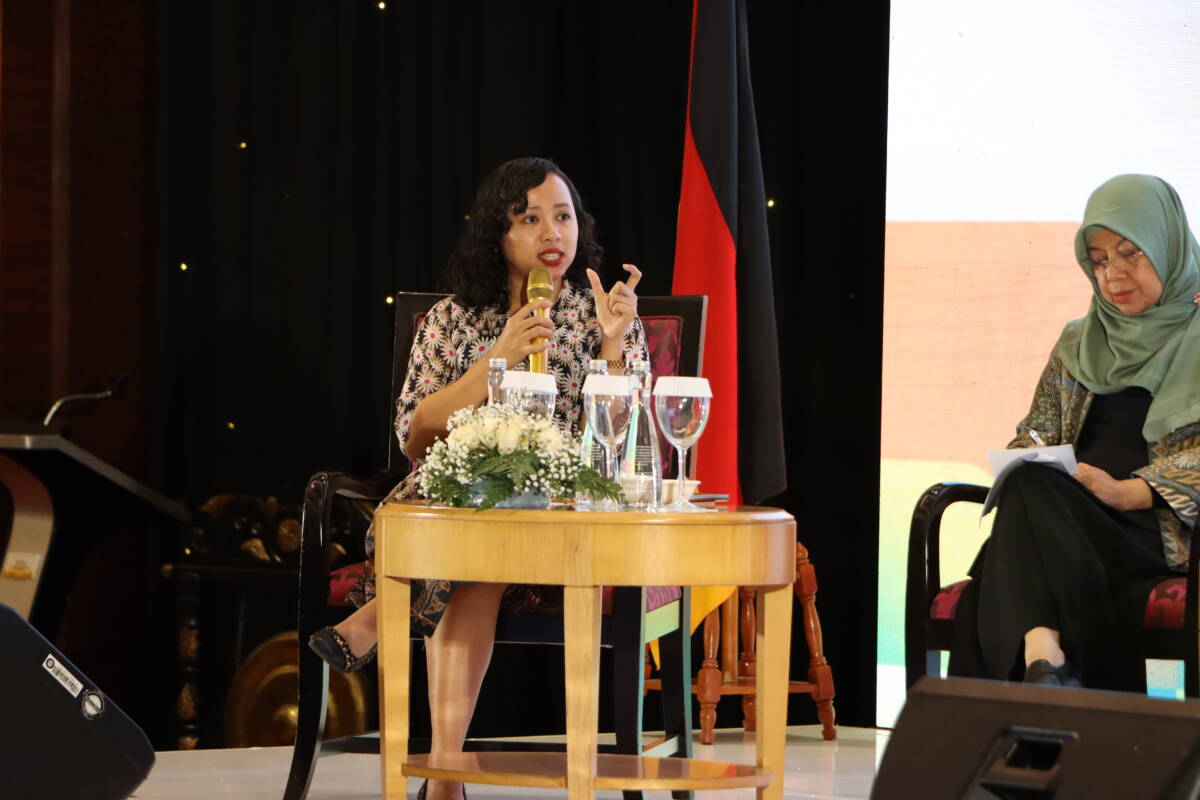Jakarta, September 11, 2024 – Indonesia is currently at a crucial stage in its energy transition efforts to increase the renewable energy mix and reduce dependence on fossil fuels. This is a significant momentum for the country to maximize the development of renewable energy capacity nationwide. With the support of the central and local governments, Indonesia has an excellent opportunity to utilize renewable energy potential across its territory.
The Director of Electricity, Telecommunications, and Informatics, Bappenas, Taufiq H Putra, stated that the Indonesian government is currently drafting the 2025-2029 National Medium-Term Development Plan (RPJMN). This RPJMN will be based on two main approaches: technocratic and political. From the technocratic side, the main focus will include energy transition and preparation for the Golden Indonesia 2045, while from the political side, Asta Cita becomes a national priority that will be translated into Government Regulations (PP) and its derivatives.
“Four priority activities in the electricity sector have been identified: decarbonization, electricity connectivity, and digitalization, increasing electricity utilization and strengthening the electricity ecosystem. This electricity development requires large investments, both in terms of demand and supply. Collaboration between the central and local governments in creating good governance is needed to ensure the success of the energy transition,” Taufiq said at the Indonesia Sustainable Energy Week (ISEW) 2024 event, which raised the sub-theme of Planning and Cooperation as the Foundation for Energy Transition, on Tuesday (10/9/2024).
Andriah Feby Misna, Director of Various New and Renewable Energy at the Ministry of Energy and Mineral Resources, explained that renewable energy development is focused not only on a large scale but also on a small scale. For this reason, the central government collaborates with local governments to utilize local renewable energy potential—for example, solar energy development, whose potential is quite significant in almost all parts of Indonesia.
“In some remote areas, where private investment is not profitable, local governments often receive funding assistance from the central government to develop clean energy sources. The Ministry of Energy and Mineral Resources also formulates subsidy and incentive policies for renewable energy to overcome the notion that clean energy is expensive,” Feby said.
Aris Musnanda, Policy Analyst at the Directorate of Synchronization of Local Government Affairs I, Ministry of Home Affairs, emphasized the importance of revising Law No. 23/2014 to give greater authority to district/city governments in renewable energy management.
“With this revision, renewable energy potential at the district/city level can be developed more optimally. In addition, support from Bappenas and the Ministry of Energy and Mineral Resources is needed to develop specific Norms, Standards, Procedures, and Criteria (NSPK) for renewable energy management in various regions,” said Aris.
On the other hand, Marlistya Citraningrum, Program Manager of Sustainable Energy Access, IESR, added that some local governments have found innovative ways to support the energy transition, such as linking renewable energy with economic recovery through incentives for MSMEs. Also, some local governments actively invite the private sector and the community to use renewable energy. This is usually done through issuing circulars, holding more massive socializations, and promoting the benefits of businesses using renewable energy.
“Reflecting on these conditions, local governments need to proactively promote the potential of renewable energy and communicate it to the central government and the private sector to accelerate development in their regions. Strong collaboration between the central and local governments, as well as community and private sector involvement, will ensure that the energy transition in Indonesia runs optimally, creates green jobs, and achieves decarbonization targets and sustainable renewable energy development,” said Marlistya.

